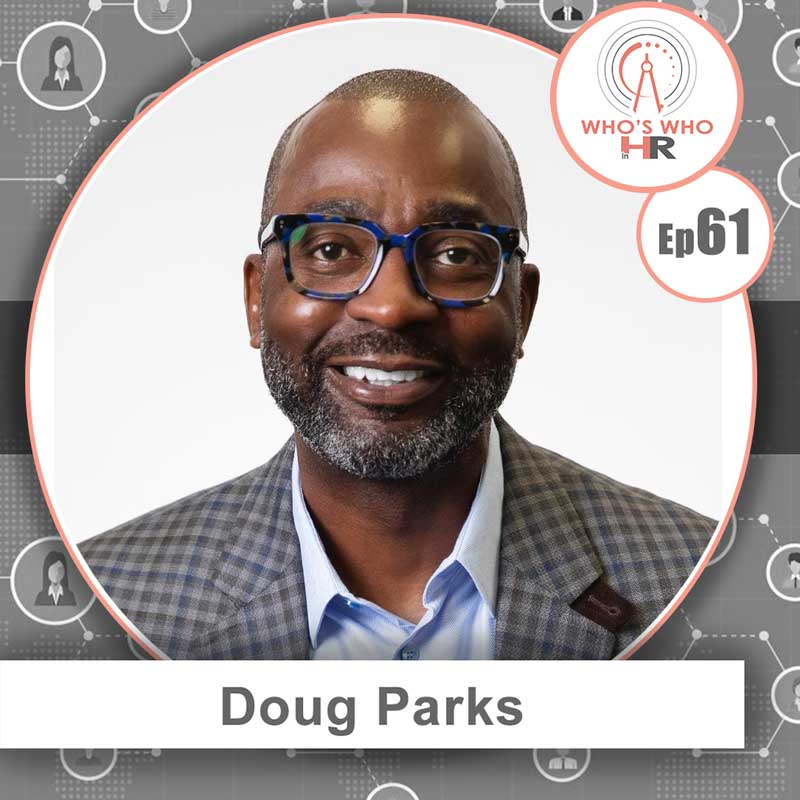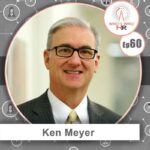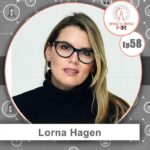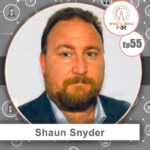061
Doug Parks
HR Transformation
Douglas Parks is Chief Administrative Officer at the boutique cruise brand, Azamara, where he leads the development and growth of the shared service teams including HR, Tax, Legal, IT, Risk and Supply Chain.
Prior to joining Azamara, Parks served as Chief Human Resources Officer of Healthnow, New York BlueCross BlueShield of Western New York. There he was responsible for establishing and driving organizational development and driving human resource and talent strategies to optimize employee skills and value across the organization. Known for his leadership through high-risk change, Parks heads business transformation initiatives, performance improvement, culture, engagement, and capability and capacity building.
Prior to joining BCBS-WNY, Parks served as EmblemHealth’s Vice president, Human Resources Strategy and Business Transformation, where he led a business transformation project resulting in a 20% reduction in administrative expense and a 28% improvement in core engagement scores. Before EmblemHealth, he was the Global HR Leader at Mercer Consulting, overseeing all people-related initiatives for Mercer’s consultants across more than 40 countries. Parks has also held several other HR leadership roles during the course of his career, including Senior HR Business Partner at Exelis (now part of Harris Corporation), Founder and President of the successful consulting business, Parks Management Consulting, and Managing Consultant at IBM Global Business Solutions.
Parks serves on the board of directors of Evanta, a Gartner Company Board of Governors, Buffalo Preparatory School, and the Buffalo Workforce Investment Board. He is a member of the Society for Human Resource Management (SHRM), and the National Association for African Americans in Human Resources (NAAAHR).
Parks has a Master’s degree in learning and organizational change from Northwestern University, and a Bachelor’s degree in organizational leadership from Purdue University.
More from Doug…
When it comes to high growth and transforming HR, Doug explains the three phases he uses to approach change and improvement.
“My experiences have taught me when you approach an HR transformation, it’s this three phase approach that as I have entered into this role in prior HR roles…. So, my framework looks something like this– first phase being that discover phase.
That’s delivered through sort of foundation, building around your current assessment of the current state, typical sort of people process technology, sort of things, assessments, but it would also include things around an assessment of policies and programs and developing an understanding of the business. What’s it trying to get done? Asking ourselves, how’s that enable by people, and then the big part of that first phase that I’ve learned is about mitigating risk. Some of the risk inherent in our policies. So, I recall, when I first got here thinking, guys, we haven’t transformed and evolved the HR function since the flip phone. Our goal has to be to become a smartphone. So that first phase, I kind of call the discovery phase.
Then the second phase I call the shape phase. So this is where you begin to shape the function to really meet the needs of the business. That’s achievable through talent and it’s accelerated through technology. This is where you got to start to look at your talent within your HR team, your HR leadership team, really optimize some of your programs and your policies, and then you kind of look at technology. To not look at it would be just simply a huge mistake in any HR function today. So, you start to think about the brand and the value proposition. What are the things you need to do to deliver differentiated value? That’s where you start to shape the function in your people agenda.
Then, you move to the scale phase. The scale phase is really achievable through analytics and being digital. This is about scaling. Again, the functional programs, policies, etc. Such that we’re able to build it in business agility and the ability to flex the function in a way to deal with things like a pandemic, to support the business right to build in some this notion of resiliency and the like, and that takes people analytics. It takes a level of being digital within the HR function, particularly now in this work from home environment. So, a level of digital expertise and then evolving the how you deliver a differentiated people experience. Where do we flex the HR muscle that we’ve built as you’ve mature the function and the program and the policies?
Now this is where you start to flex. You flex your muscle in the areas where you’ve exercised. So inherent in a lot of these, and I’m giving you the cliff notes version of this. There’s a lot of detail beneath this sort of approach and I’d like to say currently, in my current role, we’re still in the shape phase. We’re now entering into the scale phase and it feels good that you sort of lay out this journey to be a differentiated function. It feels good to know that you we’re on our mark.”









